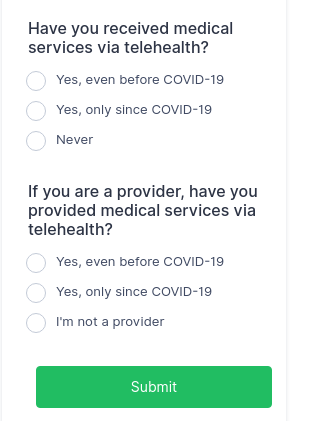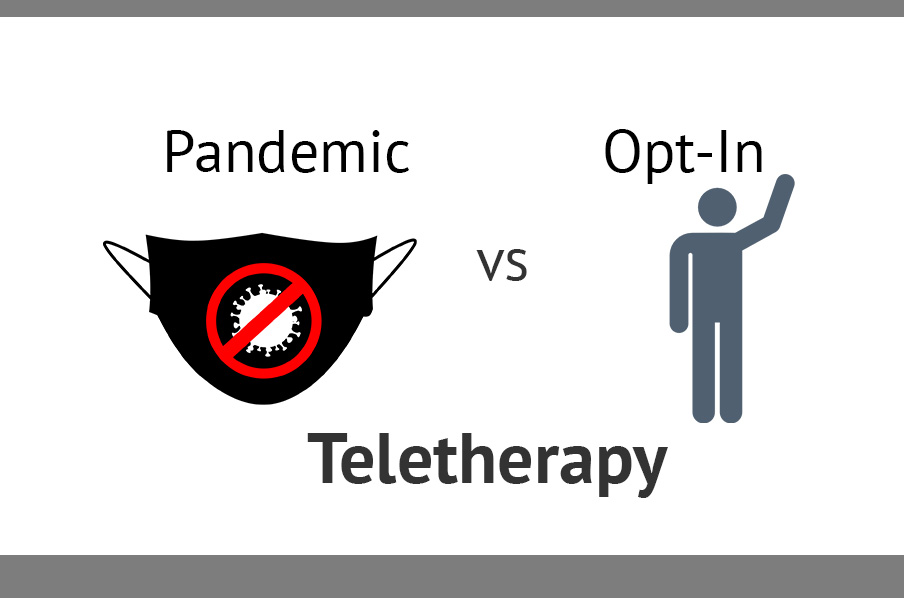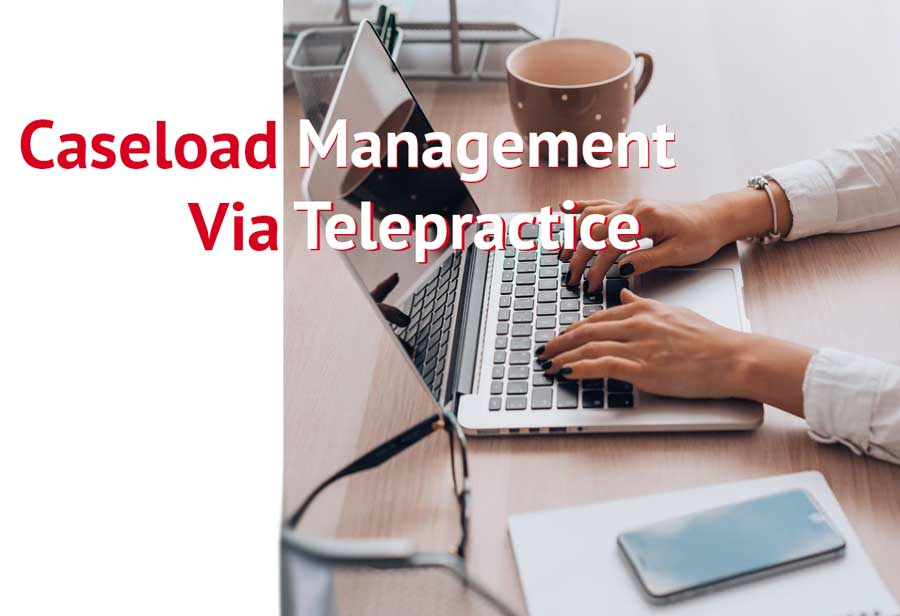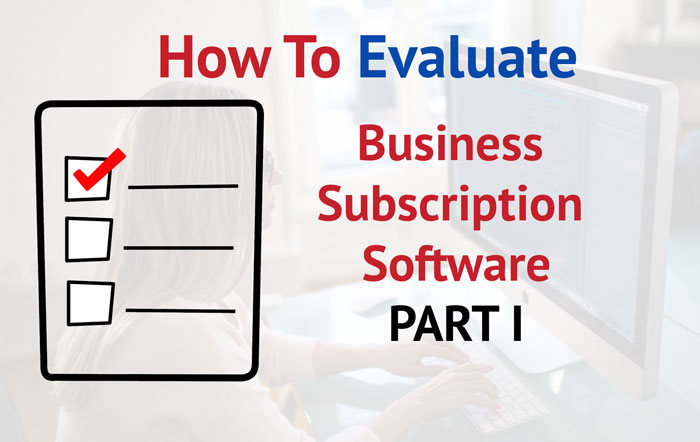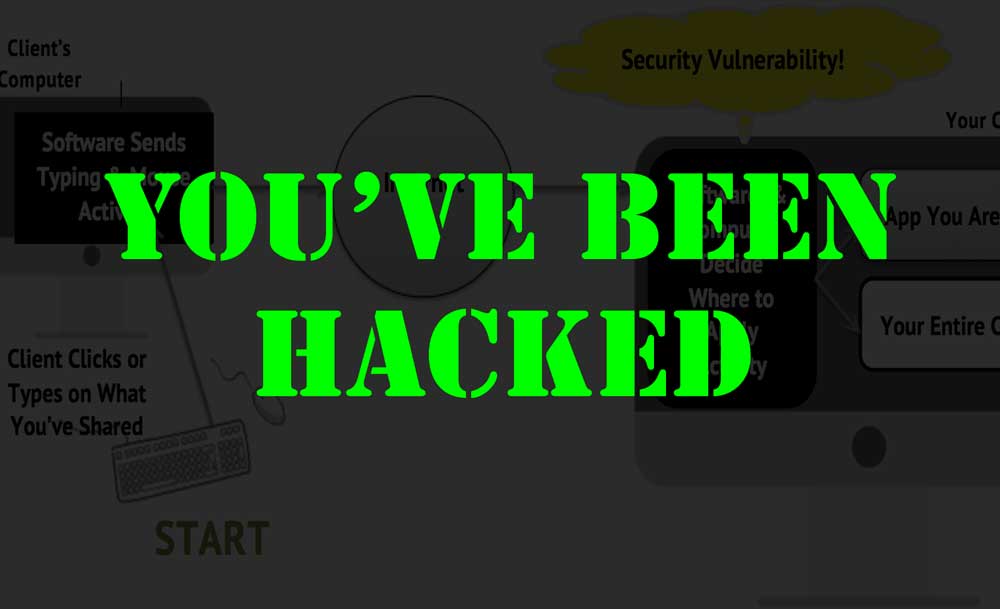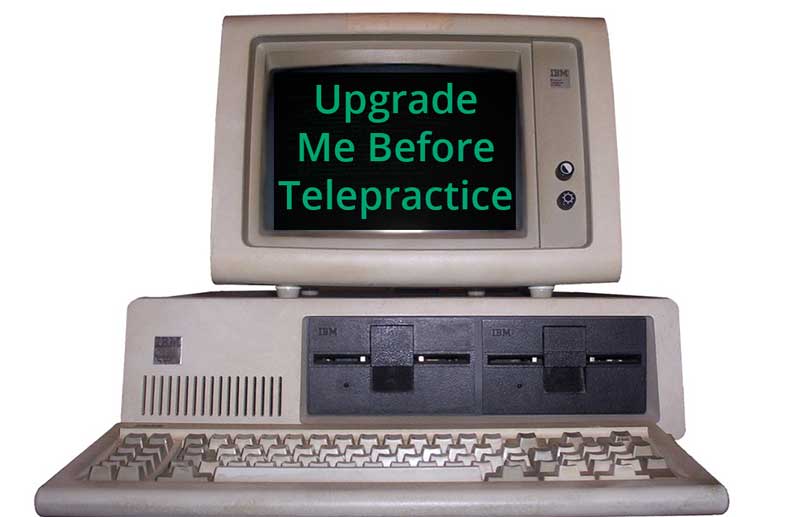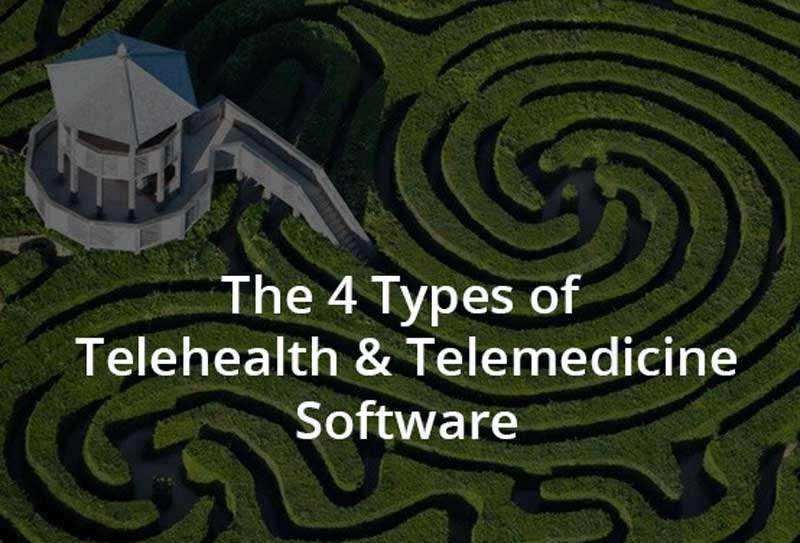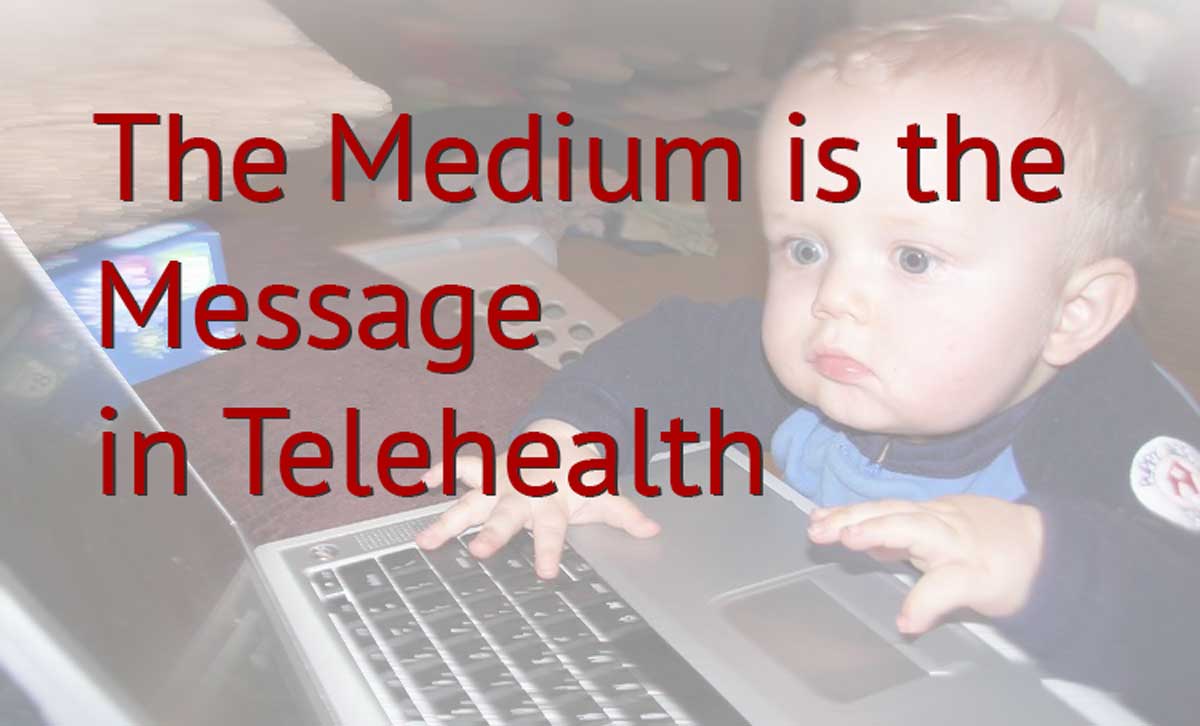After Years of Using Zoom for Teletherapy |

A lot has changed since Bill Gates released Windows in 1985 and Steve Jobs sold his first computer in 1977. Computers are faster and more reliable, but our expectations are also higher. When it comes time to shop cloud software for your organization, avoiding these mistakes when evaluating support will help you make the right decision.
1) Not Knowing The Different Types of Support
At Blink Session we often get the question: What kind of support to you provide? We like to respond: "what do you mean by support?". When it comes to your computer, tablet, and phone, there are many different aspects of keeping things running the way you need them to. There is:
1) Your computer/phone hardware (battery,screen, processor, keyboard, mouse, etc.)
2) Your Internet connection (including your conenction to wifi and your router's connection to the actual Internet)
3) Your operating system (Windows,OSX, iOS, Android)
4) Potential viruses, malware, or poor configuration that is keeping your device from working.
5) The software, or in the case of Blink Session, the browser you are using to access the service (Chrome, Firefox, etc.)
6) The SaaS (cloud) software itself
7) Your knowledge of how to use the software
Each of the aspects above require a different type of "support".
2) Not Understanding The Difference Between Licensed Software and Software As A Service
Today, most of the time you don't buy "software" - you pay for access to a service. "Licensed Software" is something you buy, install, and keep forever. "Software As A Service" is software that runs on a cloud server you access over the Internet.
Support for "Software As A Service" should be better because you are paying monthly for it. With "Licensed Software", typically the only support is an agreement to provide security updates and maybe bug fixes for a few years, if that.
3) Not Knowing What The Software Vendor is Agreeing to Support
Its extremely easy to be taken advantage of when buying software. Be suspicious when you read things like: "Best in class support", "24-hour support", or "Instant Support".
Its amazing how many software products use the phrase "Best in class support" when they first launch! How could they have even received that designation already? That aside, the important thing is to realize most software companies will tell you just about anything to get your business.
Focus on what you need. If you are not going to be doing sessions at 3am you don't need 24 hour support. No support hot line is going to be able to fix a computer remotely in the time it takes to do a session anyway. You don't need support that can't do anything to fix the problem you are actually facing.
Ask if they outsource their "support" in any way. Ask about the technical knowledge and ability of the people providing "support". If they actually provide a real "24 hour" support phone number with real people answering it, they are likely outsourcing it overseas to people who have no power to actually fix anything. Sometimes "24 hour" support simply means the software/service should work in the middle of the night, but if there is actually a software problem they will not be fixing it until morning.
Also, focus on the quality of the software more than support. It's simple, quality software will need support far less. Would you rather have software that works or a phone number to talk with someone about something that keeps breaking?
4) Not Playing The Odds
Everything made and operated by humans will break eventually. When you are considering investing in software for an essential business function, like teletherapy, it can be scary. Scary because it's hard to know if it will work consistently enough.
One reason we ask people, "what do you mean by support?" is to help people evaluate the possible scenarios. Often, questions about support are more about the overall reliability of doing therapy or tutoring online, than they are about our software. The reality is, there are a lot things that can go wrong, but usually they don't. And, at least with Blink Session, ≈95% of the time the problem is not the software.
If ≈95.% of problem scenarios are not the software, than how would that help you evaluate which software to chose? Think about it, the other 95% of the problems would have to be something other than the software. Maybe your's or your client's Internet, computer, etc. Software support is important, but the odds are, your tech problems will likely come form somewhere else.
In summary, support of the software-as-a-service you sign up for is important. You need to know things will be fixed that don't work and software will be updated. When shopping, I encourage to you to look past the marketing language to what actual customers are saying to find software you can be confident in.
Telehealth Quick Poll
